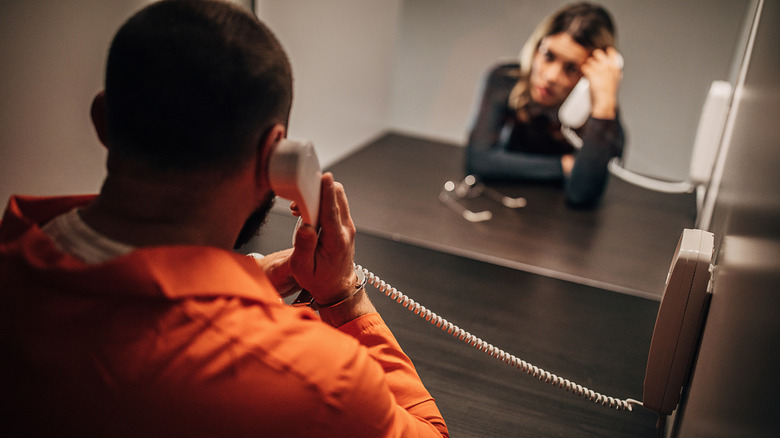Do People In Jail Get To Receive Social Security? Here's How The System Works
When a person is locked up for more than 30 days in a row, their Social Security benefits get put on pause. However, those benefits don't necessarily get canceled. This policy is grounded in federal regulations and includes benefits for retirement, disability, and families of deceased workers. The idea is to make sure these funds go to folks who qualify. Social Security benefits on hold during incarceration isn't the same as cutting them off forever. When a person is released from jail, their payments can start up again.
For beneficiaries on Supplemental Security Income (SSI), things takes a different turn if they're locked up. If someone stays in jail for a whole year (12 straight months), their SSI benefits get cut off completely. That's because SSI is based on income, and being in jail for that long is seen as a game-changer. Once they're out, it's not just back to business as usual; they've got to reapply from scratch. Then, there is a review of their financial situation and health to make sure they still qualify for benefits. For those getting Social Security Disability Insurance (SSDI) or retirement benefits, time behind bars does not throw a wrench in the works. They just let the Social Security Administration (SSA) know they're out, and after a quick check to confirm they still qualify, their benefits kick back in. No need to reapply from scratch.
Impact on family members' benefits
Being in jail doesn't put a stop to the payments that go to their family; spouses or children (examine the big changes that could be coming to Social Security spousal benefits). This makes sure that even if the main money-getter is behind bars, the people who depend on them can still pay the bills. Note that these benefits depend on the family members' eligibility, not on whether the incarcerated person can access them.
For surviving spouses, eligibility for benefits can continue under conditions such as age, disability status, and the care of the worker's child. A surviving spouse may qualify for benefits based on age — if they are between 60 or older, 50-59 if disabled, and any age if caring for a minor or a disabled child. If they are disabled, they must meet the standard disability criteria set by the SSA. These include having a medically determinable physical or mental impairment that results in the inability to engage in any substantial gainful activity (SGA).
In essence, their spouse will still get their share. Likewise, if they have kids who qualify, these youngsters will receive their benefits. The only time dependents stop getting benefits is if they no longer meet the eligibility criteria themselves. For example, a child might age out of the system; benefits for children generally stop when they reach 18 unless they are full-time students in an elementary or secondary school or have a qualifying disability that began before age 22.
Process for reinstating benefits
Social Security benefits can be of tremendous help to someone looking to reintegrate into the society and establish themselves after serving out their terms. However, there are a few steps that need to be taken, and it's important to handle them correctly in order to avoid any delays. The first thing to do is let the Social Security Administration (SSA) know you're officially out of jail. Armed with proof of release, you can either walk into a physical SSA office or go through the official channels online. The filing process can be done by the individual themselves, a family member, or even a representative.
That's because when a person spends up to 12 consecutive months in incarceration, all SSI benefits are terminated. After they are released, that person is expected to reapply by verifying financial and medical eligibility, and as a result, challenges may arise during the reinstatement process. Beneficiaries under the Social Security Disability Insurance (SSDI) benefits are not required to go through so much hassle. Payment is resumed one month after release, but on the condition that all eligibility criteria are met. During the process, we advise a proactive follow up with both the SSA and the facility. For further reading, find out what happens to your Social Security benefits after getting a divorce.


